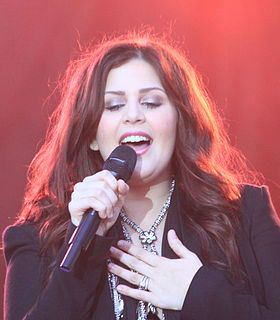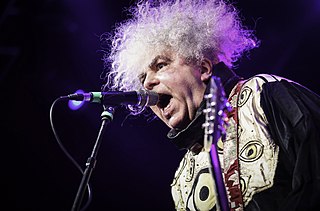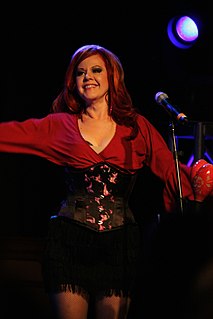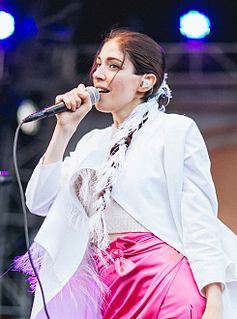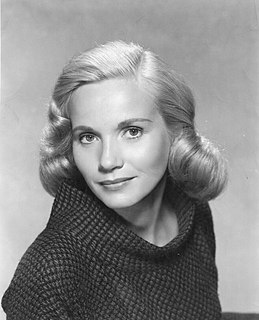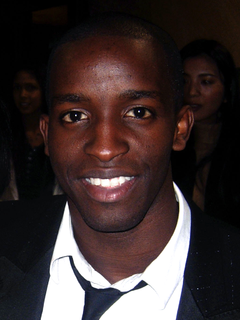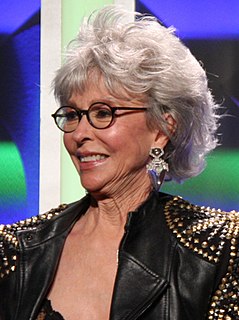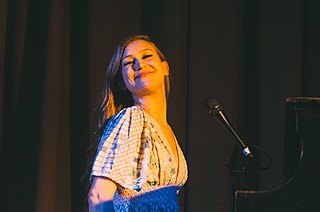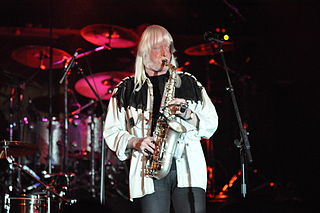A Quote by Hillary Scott
I'll never forget when we played Shepherd's Bush in London. We played 'I Run To You', and we put the mic out for the last chorus, and you could hear them singing the chorus with the beautiful accent that they have.
Related Quotes
When the Beatles wrote 'Paperback Writer,' it couldn't have been the same old thing. You can hear so many influences in it, from the blues to Bach, and it's not just verse, chorus, verse, chorus, bridge chorus. They start off singing a cappella, almost like a Bach chorale, and the song goes into this bluesy guitar riff.
Normally you'll have a structure to a song. You'll have an intro to a verse to a pre-chorus to a chorus, kinda repeat that, maybe there's a bridge, then you'll go out on a chorus - that's the quintessential song structure - sometimes you might do a fake-out, re-do a pre-chorus but the chorus doesn't come until later, but for the most part you follow these tried and true structures.
One of my main problems with music is that the basic formula is always the same: verse, chorus, verse, chorus, bridge, verse, chorus, chorus, chorus, end. One of the bands that changed that was The Beatles. If you listen to 'Everybody's Got Something to Hide Except Me and My Monkey.' It's three verses, bridge, end.
There is nothing cooler than to have them singing your words back to you. The last show I did, I was kind of nervous about putting the mic out there, because you're not sure how it's going to go. But I did, and they sang the whole chorus. I thought, 'Holy crap! That is the coolest feeling.' It's the biggest rush ever.
With 'Love Shack,' once we put that chorus in, it did have more of a song structure. Even though the verses are all kind of different, the chorus was there along with 'The Love Shack' - I think that really made it a hit. Once we heard it in the studio, we played it for R.E.M., and they were like, 'Yes this is a hit.'
In a thousand voices singing the Hallelujah Chorus in Handel's "Messiah," it is possible to distinguish the leading voices, but the differences of training and cultivation between them and the voices in the chorus, are lost in the unity of purpose and in the fact that they are all human voices lifted by a high motive.
I have played Polynesian. I have played an Arabian girl. I played an East Indian girl. And what was so confusing about that, which I mention in my book, is that I assumed I had to have an accent. Nobody said anything, so I made up what I call the universal ethnic accent, and they all sounded alike. It didn't matter who I was playing.
